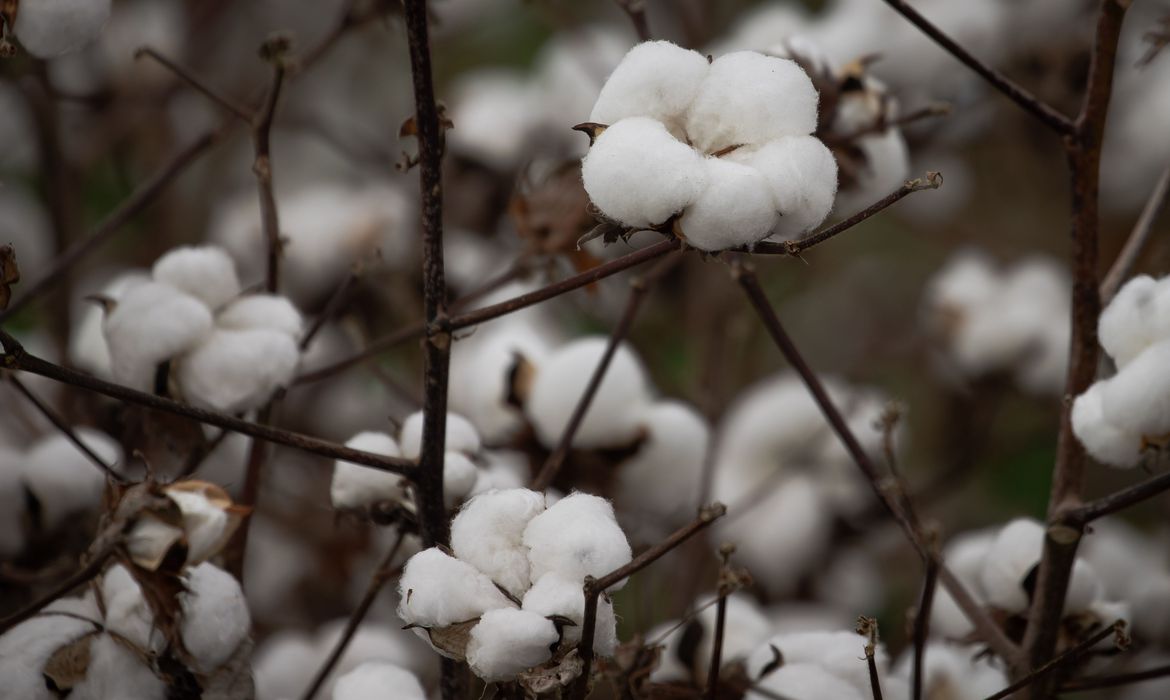RIO DE JANEIRO, BRAZIL – The state-owned Brazilian Agricultural Research Company (EMBRAPA) has announced a new bioinsecticide which, according to the company, fights pests that target soybean, corn and cotton crops without endangering the health of workers who handle the product. The bioinsecticide poses no risks to the environment, nor to other insects, ensures EMBRAPA.

Commercially named Acera, the new pesticide is recommended for the control of pests such as the Fall Armyworm (Spodoptera frugiperda), and the Soybean Looper Moth (Chrysodeixis includens). It consists of two strains of bacteria called Bacillus thuringiensis (Bt), which produce proteins with specific toxic properties for insects, which are harmless to humans and other vertebrates.
“Unlike chemical pesticides, Acera is harmless to the environment. The product must be sprayed on leaves, and when eating them, caterpillars are affected by the action of these proteins,” EMBRAPA reported in a note.
According to EMBRAPA, which developed the pesticide through a partnership with Ballagro company, the “main advantage” of this biological product is the fact that it “does not affect the environment, does not intoxicate those applying it, does not kill the pests’ natural enemies, and does not pollute rivers and springs.”
“Acera has been registered for the control of these two species of caterpillars and can be used in crops such as soybeans, corn, cotton and several others,” explained EMBRAPA researcher Fernando Hercos Valicente, the company’s developer and head of technology.
According to Valicente, for several reasons, every year there is an increase in the resistance of the main “pests controlled by transgenic cultivars”. “Consequently, there is an increase in the use of chemical control in addition to transgenics, in an attempt to minimize losses in agricultural production. All of this leads to significant economic, social and environmental losses.”
Source: Agencia Brasil

